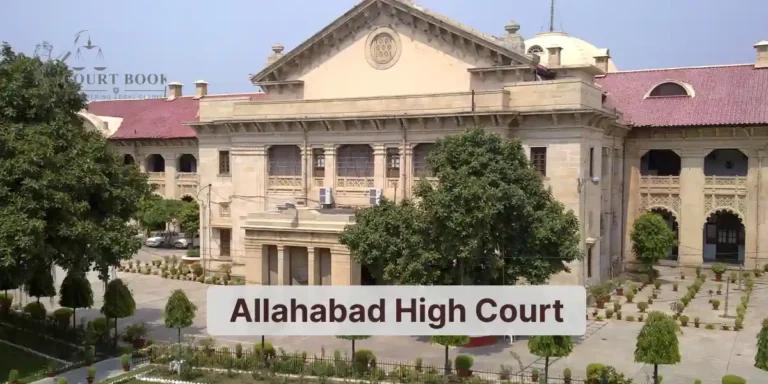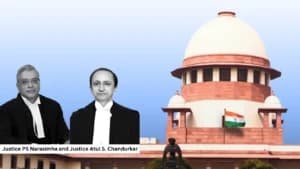The Allahabad High Court has emphasized that courts do not possess the necessary expertise to verify and compare signatures in legal documents. Instead, they must obtain expert opinions to ensure accuracy and justice.
Case Background
The case involved a rental dispute where the tenant, Smt. Sunita, claimed to have cleared the arrears by presenting rent receipts signed in Gurumukhi. The receipts allegedly bore the signature of the deceased landlady, Harbhajan Kaur. However, her son, Sardar Devendra Singh, denied signing them, leading to a legal challenge.
The Small Causes Court rejected the tenant’s application to seek a handwriting expert’s opinion, opting to verify the signatures itself. Aggrieved by this decision, the tenant moved the Allahabad High Court in revision.
High Court's Observations
Justice Ajit Kumar ruled that courts must exercise caution when dealing with disputed signatures:
"The Court itself cannot be considered to be having the needed expertise and skill to match the signatures on various documents produced before it."
The Court noted that the question of whether Harbhajan Kaur’s signatures were genuine was central to the case. If all receipts bore the same handwriting, it would support the tenant’s defense that rent had been paid. However, verifying signatures requires professional expertise beyond a judge’s visual comparison.
Precedents and Legal References
The Court referenced the Supreme Court’s ruling in O. Bharathan v. K. Sudhakaran & Another (1996), where it was held that:
"Though there is no legal bar to a judge comparing handwriting, as a matter of prudence, expert opinion should be sought."
Similarly, in Ajay Swaroop Mehrotra v. D.N. Raina & Others (2008), the Court had ruled that an application for a handwriting expert should not be rejected solely on the grounds of delay, especially when the defense evidence is yet to be presented.
The tenant argued that the receipts in question were issued by Sardar Devendra Singh in the name of Harbhajan Kaur, even after her death in 2015. The tenant contended that the Small Causes Court lacked the expertise to determine the authenticity of signatures without expert assistance. Furthermore, it was argued that rejecting the expert verification request was unjust, as the cross-examination of the landlord’s son did not conclusively prove that he had not signed the receipts.
On the other hand, the landlord’s counsel countered that the receipts were dated 2019, years after Harbhajan Kaur’s passing in 2015, which made them highly questionable. Additionally, the tenant had failed to produce receipts proving rent payments to any legal successor of Harbhajan Kaur. Since Sardar Devendra Singh explicitly denied signing the receipts, the claim of rent payment was deemed baseless.
The High Court ruled in favor of obtaining expert analysis, stating:
"In cases where signature authenticity is a core issue, the prudent course is to obtain an expert’s opinion rather than rely on judicial comparison."
The Court directed that a government-accredited handwriting expert should examine the disputed signatures, and the expert report must be submitted within one month. The trial court must conclude all evidence proceedings within three months, followed by a final judgment within two months thereafter. The Court also instructed that no unnecessary adjournments should be granted to either party.
Case Title: Smt. Sunita v. Smt Parmjeet Kaur[S.C.C. REVISION No. - 136 of 2024]
Counsel for Revisionist: Kushagra Singh,Namman Raj Vanshi
Counsel for Opposite Party :- Hemant Kumar















